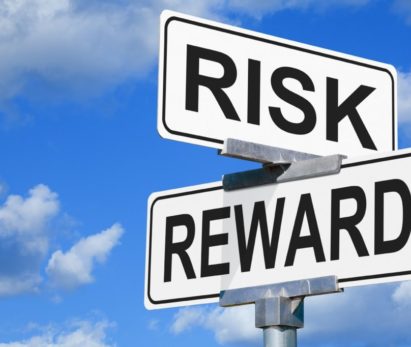The Importance of Mentors and Role Models
During my years working in sales, I had this one manager named Christine. Christine was a hard-ass. She pushed me and pushed me, and it always seemed like she was picking on me and no one else. As it turns out, Christine is one of the few people who has made a profound impact in my life. She saw my potential and she held me to a higher standard, and she didn’t accept anything less than excellent. During the years that we worked together, Christine mentored me, not just to make hefty and frequent sales, but to engage in life with confidence and drive.
Tia, another woman who is a dear friend of mine, is more than a decade older than I am and has a wealth of life experience under her belt. Her sturdy convictions, unbreakable perseverance, and her positive but realistic outlook are what I’ve always admired about her, and her willingness to unapologetically be her best self are what drew me to her immediately. Tia is a role model in my eyes because she is someone worth looking up to.
Why It Matters
![]() While they overlap in some ways, mentors and role models are different. The point of having a role model is to recognize the things about a person’s behavior, thoughts, personality, or accomplishments that you would like to develop for yourself. When you find yourself doing what someone else does, speaking how they speak, going where they go, or otherwise mimicking some aspect of them out of admiration, you’ve probably gained a role model.
While they overlap in some ways, mentors and role models are different. The point of having a role model is to recognize the things about a person’s behavior, thoughts, personality, or accomplishments that you would like to develop for yourself. When you find yourself doing what someone else does, speaking how they speak, going where they go, or otherwise mimicking some aspect of them out of admiration, you’ve probably gained a role model.
While both are necessary for success, a mentor is more involved and typically has a deeper, longer lasting impact. Those who mentor will step up and provide guidance, advice, counseling, and enlightenment. Studies on communities that implement youth mentorship have shown that mentorship increases high school graduation rates and college enrollment, allows young people to foster healthier relationships and lifestyle choices, and decreases the likelihood of alcohol and drug abuse.
Who Do YOU Look Up To?
The importance of both mentorship and role modeling are severely understated in the current year. Rather than seeking intellectual leadership, young girls are looking up to Instagram “models” known for their lip injections and young boys are worshiping professional athletes. Socrates, perhaps the greatest Western philosopher and mentor mankind has ever known, was not known for his looks or his physical abilities, but rather for his leadership and ability to generate original thought and intellectual ingenuity. Doctor Jordan Peterson is not known for being a strong, handsome socialite, he’s known for all of the young men and women he’s educated, counseled, and made profound impressions on.
Role models and mentors do not necessarily have to be powerful leaders, they just have to be people who you aspire to be like in some way and who have done positive, noteworthy things in their life. If you intend to be an owner of a restaurant or hair salon, for example, then someone a tad older who has been successful in those areas would be a great person to learn from, even if they are quirky or aren’t formally educated. Having at least one person in your life whom you look up to, aspire to be like, and who inspires and challenges you is vitally important for young professionals who want to go places fast.






October 13, 2019 @ 10:00 am
It’s hard to find knowledgeable people on this topic, but you sound like you know what you’re talking about! Thanks